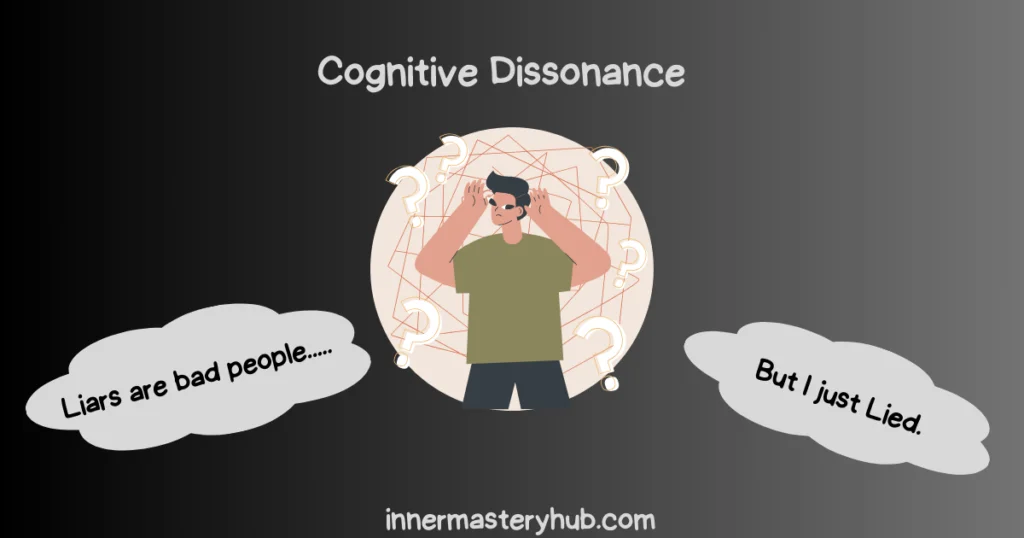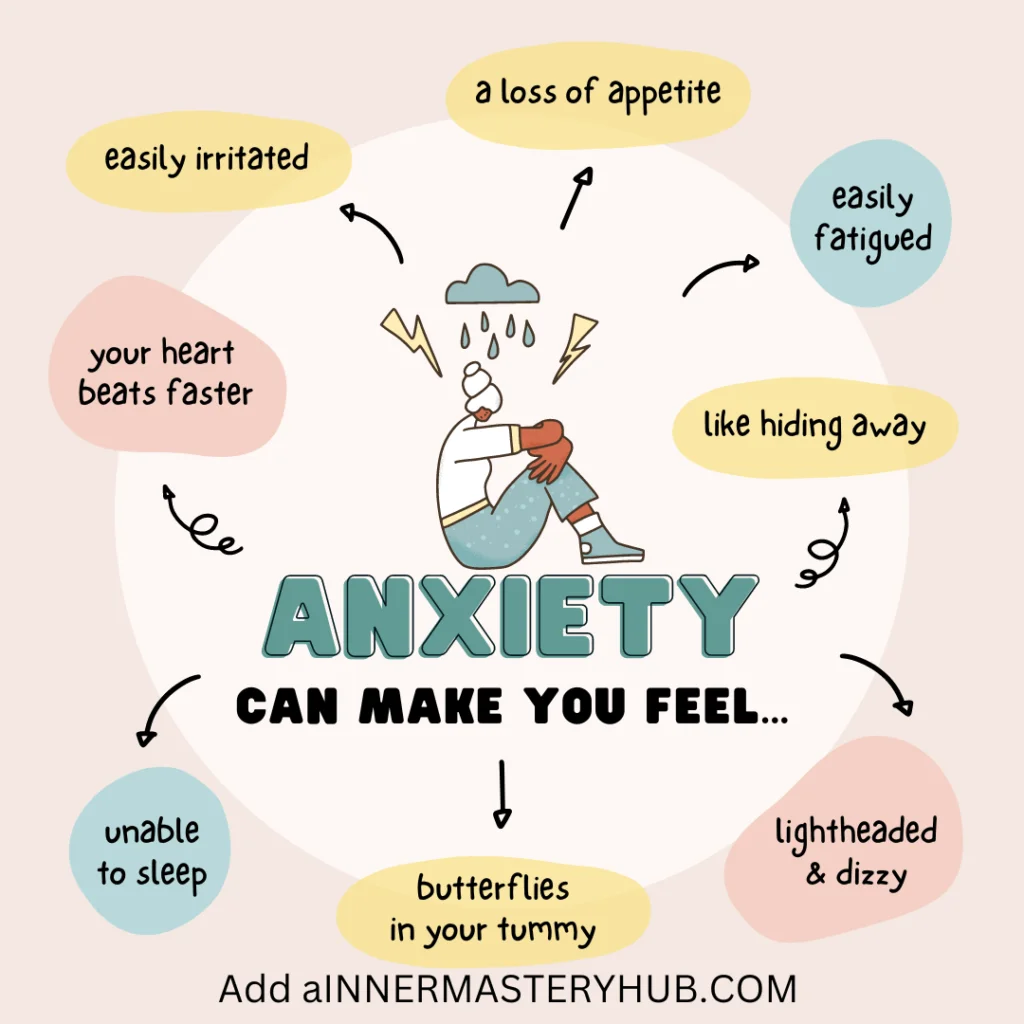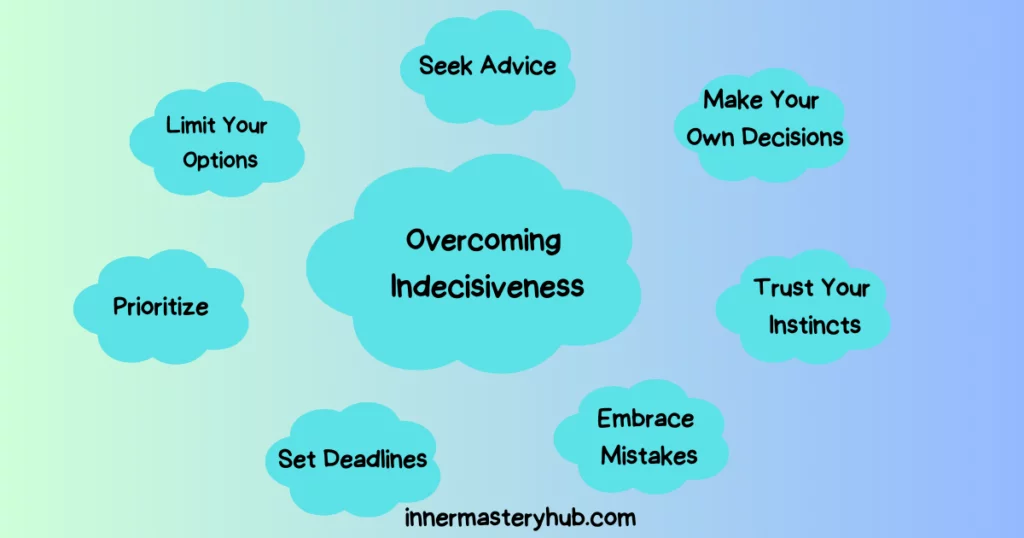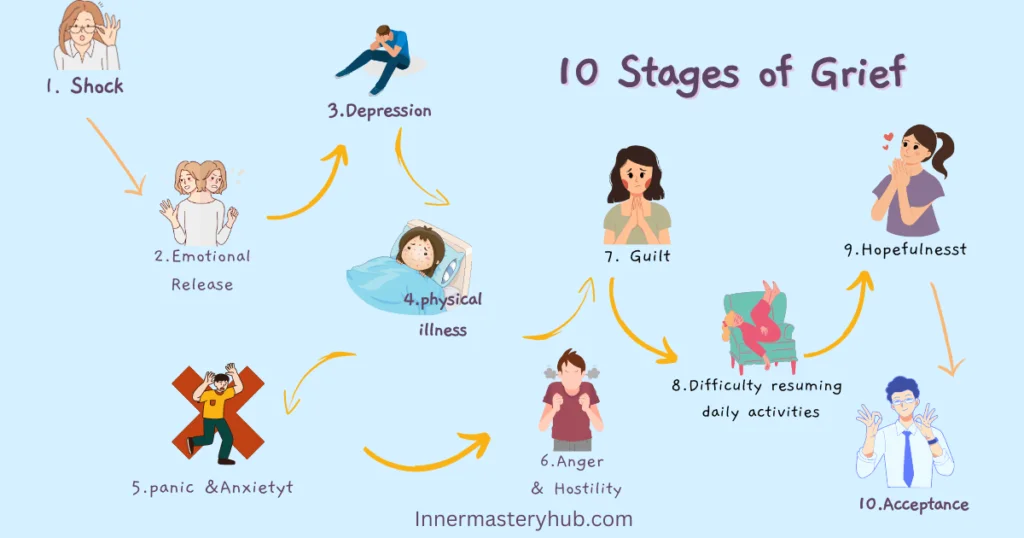
You may have questioned yourself at some point in life, “Am I being gaslighted?”
The practice of gaslighting is one way to abuse and manipulate someone’s emotions. An abuser or bully is gaslighting you when they alter your perception of the world and cause you to doubt your convictions.
Table of Contents
Am I being gaslighted? How to Know?
Someone who makes you question your feelings and thoughts is gaslighting you. They are playing tricks on your mind to get you to doubt what you know to be true. Imagine being told repeatedly that your beloved blue shirt is green. They argue that it’s green, but you know it’s blue. Even though at first you knew it was blue, you may eventually become uncertain about the color.
This manipulation might take many different forms. Someone may claim not to have said something rather obvious, leaving you to question if you misheard. They may also minimize your emotions, giving you the impression that they are hyperbolic or incorrect.
To give the other person more power over the issue, gaslighting tries to leave you feeling perplexed and unsure. Identifying these strategies and
“gaslighting” became well known after Dr. Robin Stern’s 2007 book “The Gaslight Effect.” She is co-founder and associate director of the Yale Center for Emotional Intelligence.
Signs You’re Being Gaslighted
When you question yourself, Am I being gaslighted? Look for the following signs in yourself;
- Constantly denying things they said or did.
- Making you question your memory or perception.
- Minimizing or dismissing your feelings.
- Shifting blame onto you for their actions.
- Creating confusion by contradicting themselves.
- Undermining your confidence and self-esteem.
- Isolating you from friends and family.
- Withholding information to keep you in the dark.
- Projecting their behaviors onto you.
Signs to Spot on When You Question Yourself, ” Am I being Gaslighted”?
Gaslighting is a form of emotional abuse that damages your mental health. Check out these signs of gaslighting when you question yourself: Am I being Gaslighted?
- diminished sense of self-worth and confidence
- Emotional and mental exhaustion from the constant manipulation.
- Fear of expressing your feelings or opinions.
- Difficulty making decisions without seeking validation.
- Gradual withdrawal from activities and relationships.
- Feelings of guilt and shame, even when undeserved.
Why do people gaslight others?
When someone tries to dominate or control you in order to gain more authority in the relationship, it is known as gaslighting. Making you doubt your feelings and thoughts offers them a sense of control and authority, which they may require if they are insecure or need to be in charge.
Others might gaslight because they don’t want to take responsibility for their actions. By making you doubt your perception of reality, they can avoid admitting when they are wrong or have done something hurtful. It’s a way for them to escape accountability and shift the blame onto you.
To avoid manipulation, you must recognize gaslighting and create boundaries. Nobody should make you doubt your thoughts and feelings.
Examples of Gaslighting
How do you come to know, Am I being gaslighted? in your family, relationship, and work dynamics;
In Family Dynamics
Telling someone in your family how you feel about something and having them totally disregard you could be considered gaslighting. For instance, if you tell them that something they said upset you, they may respond, “You’re too sensitive; I never said anything like that.” You know what was said, but you’re left perplexed and wondering if you got it wrong.
Gaslighting Relationship
Gaslighting can happen in a toxic relationship when your partner keeps denying things they did or said. For instance, if you bring up a promise they made and they say it never happened, you wonder if you’re remembering things incorrectly.
This kind of influence can make you angry and doubt your abilities as you start to doubt your memory and the truth of your worries.
At Work
When someone else at work takes credit for your ideas and projects, this is called gaslighting. They might say, “I don’t remember you contributing much; maybe you’re not as involved as you think,” if you ask them about it. This can make you feel slighted and wonder what you’ve done, even if you were sure you were involved.
These are all signs of gaslighting that you should be aware of and trust your judgment. Getting support and approval from others can help you keep your sense of reality when things are being manipulated like this.
When To Seek Assistance
Since gaslighting is a type of psychological manipulation, the associated stress and mental health issues may prompt people to seek medical attention.
Let’s say that being gaslighted is affecting your capacity to carry out daily tasks, like relationships or the workplace. For advice and assistance in that situation, speaking with a mental health professional could be beneficial.
Physical symptoms including headaches, stomach issues, and tense muscles might be evidence that someone has been gaslighted. Seeing a doctor is the recommended course of action if these symptoms persist and have an impact on your health.
Severe gaslighting might lead to suicidal or self-harming thoughts. Getting medical help right away is essential if you have such ideas.
Why does gaslighting work?
There are several reasons why gaslighting is effective. It’s usually gradual and modest, to start. The victim may initially be unaware that they are being gaslighted. Second, it can be somewhat lonely. The victim may fear that no one else will believe them or comprehend their situation as a result of the gaslighting.
Thirdly, the victim’s self-esteem can be effectively undermined. The gaslighter may tell them they’re overreacting, tell them they’re recalling things incorrectly, or criticize them all the time.
8 Ways to Deal With “Am I Being Gaslighted”?
- It can be difficult to know how to react when someone gaslights you, but here are several actions you can take:
- Emotional responses are what gaslighters thrive on. Avoid becoming involved in contentious arguments and maintain your composure.
- When you feel as though reality is being twisted, don’t question your memories. Have faith in your instincts and remind yourself that your emotions are real.
- Write down particular gaslighting occurrences, along with the dates, times, and actions or words involved.
- Document any emails, messages, or voice recordings that are related to your events.
- Express what conduct you will not put up with and the repercussions of gaslighting. Don’t engage with the person as much if the gaslighting is damaging or ongoing.
- To comprehend the circumstances, create coping skills, and recover from the emotional abuse that has occurred, think about going to therapy.
Get to know Yourself Again.
Getting to know yourself again after experiencing gaslighting can be a powerful way to rebuild your sense of self and prevent future manipulation. Here are some steps you can take:
Reconnect with your values and interests
Think back on the things you used to enjoy doing before the gaslighting started and explore former passions. Rekindling old interests or attempting something new can bring happiness and a sense of self-connection.
Determine your basic beliefs and what is important to you. Please write down your values and make an effort to make choices that reflect them.
Dispel limiting notions; gaslighters frequently instill self-defeating ideas. Use proof and self-affirmations to refute these beliefs.
Seek support and strengthen your network.
Connect with supportive people, surround yourself with friends, family, or groups who validate your experiences and uplift you.
Seek online communities; online support groups can offer connection and understanding from others who have experienced gaslighting.
Remember,
Remember that this is a journey rather than a destination, so have patience with yourself and acknowledge your little accomplishments as you go. These actions can help you develop a stronger sense of self and make you less vulnerable to gaslighting in the future. Remind yourself that you deserve respect and a space that is safe and encouraging.
Take the Gaslighted Quiz to find your score.
FAQS
Signs to recognize the feeling, ” Am I Being Gaslighted”?
Signs of gaslighting include constant denial or dismissal of your feelings, manipulating facts to make you doubt your memory, shifting blame onto you, undermining your self-esteem, creating confusion, and making you question your sanity. If you feel consistently invalidated and confused, you may be experiencing gaslighting in a relationship.
Am I being gaslighted if I’m frequently blamed for things that aren’t my fault?
Yes, if you find yourself consistently shouldering blame for things beyond your control, it may be a sign of gaslighting. Manipulators often shift responsibility, making you question your competence and reality. Recognizing this pattern can help you protect your mental well-being and address the dynamics in the relationship.
Am I being gaslighted if I feel compelled to avoid expressing my thoughts and feelings to prevent conflict?
Yes, if you need to suppress your thoughts and feelings to avoid conflict, it could indicate gaslighting. Manipulators often create an environment where expressing yourself becomes challenging, fostering control and undermining confidence. Recognizing this dynamic is crucial for maintaining your emotional well-being and addressing the issue.






